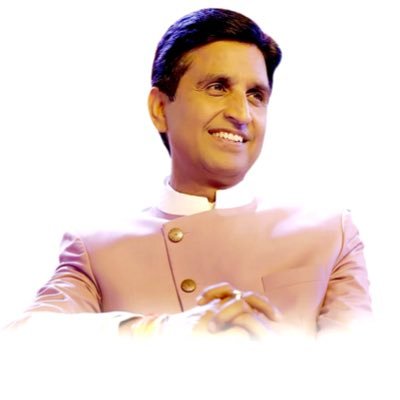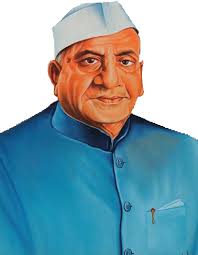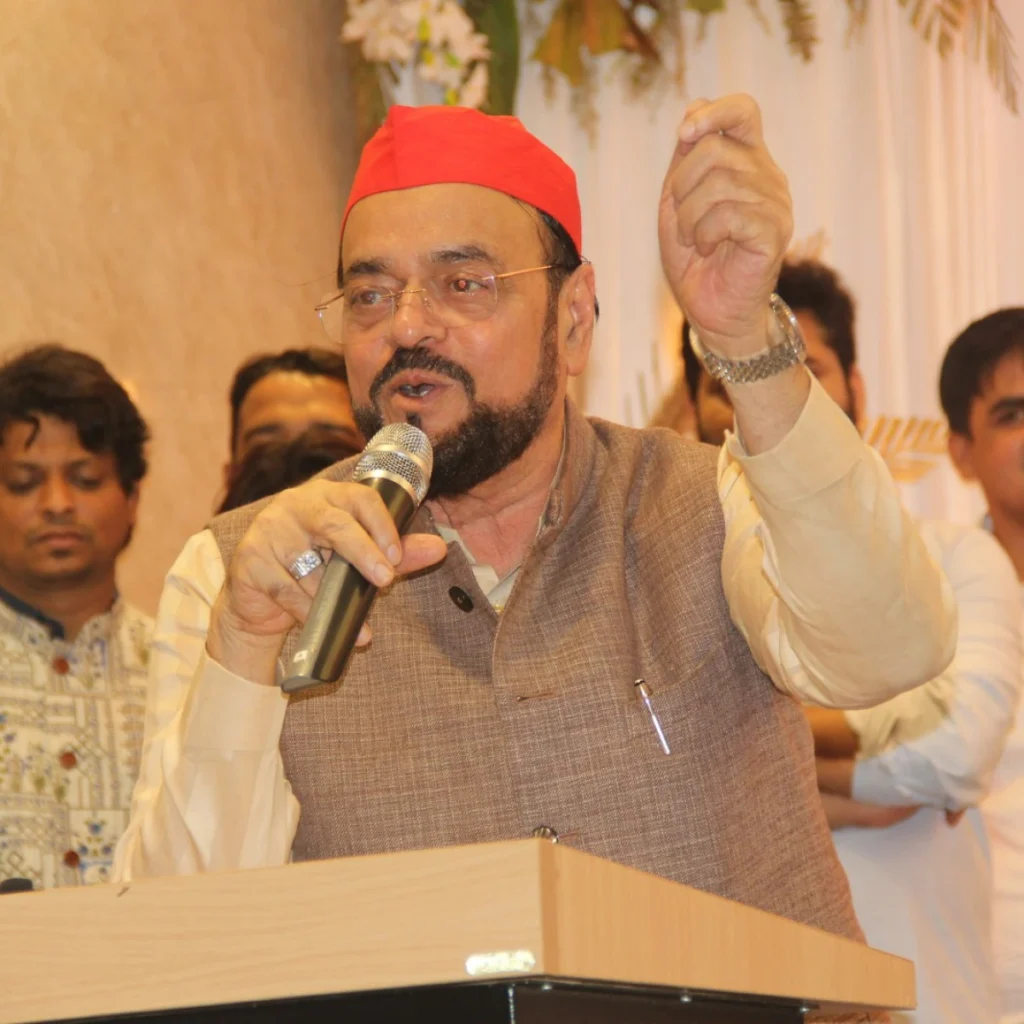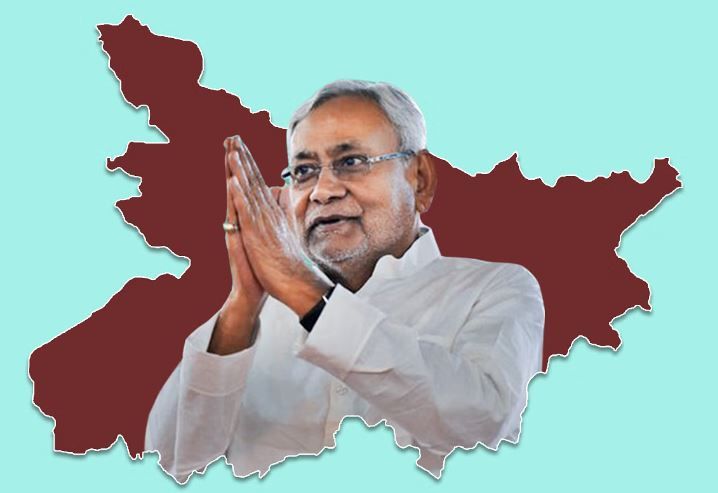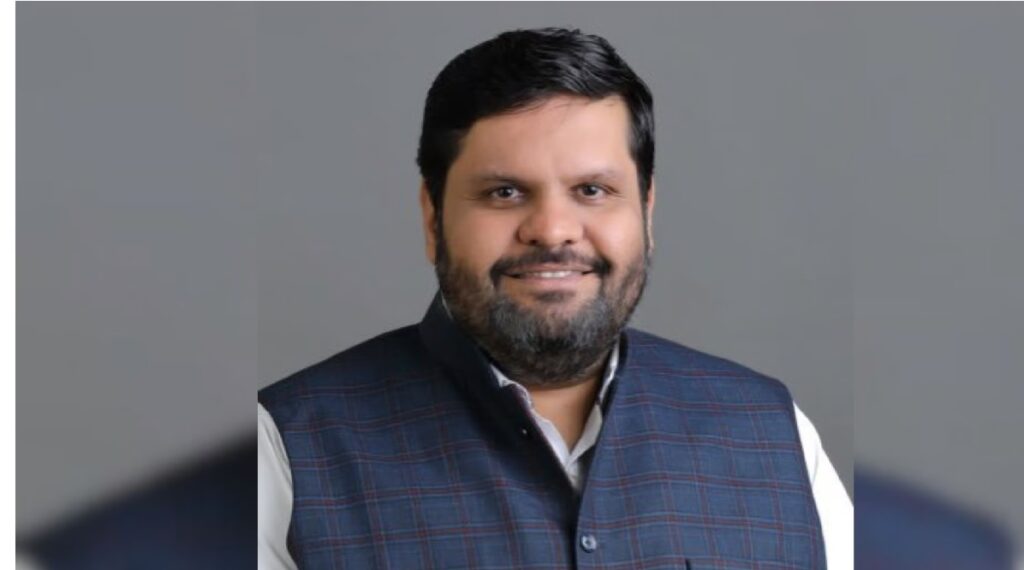In the annals of ancient Indian history, the name Chanakya shines brightly as a beacon of political acumen, strategic thinking, and administrative genius. Also known as Kautilya or Vishnugupta, Chanakya’s life and teachings have left an indelible mark on Indian civilization, shaping the course of politics, governance, and statecraft for centuries. Let us delve into the remarkable journey of Chanakya and explore the enduring legacy of his wisdom and insight.
Early Life and Education:
Chanakya’s origins are shrouded in legend and myth, but historical accounts suggest that he was born in the ancient city of Taxila (now in Pakistan) around the 4th century BCE. Little is known about his early life, but Chanakya is believed to have received a comprehensive education in politics, economics, and philosophy at the renowned Takshashila University, a center of learning and scholarship in ancient India.
Rise to Power:
Chanakya’s political career began during the reign of the Nanda dynasty, a powerful empire that ruled over much of northern India. Disillusioned by the oppressive and corrupt rule of the Nandas, Chanakya embarked on a mission to overthrow the dynasty and restore righteous governance to the land.
Legend has it that Chanakya discovered a young boy named Chandragupta Maurya, who possessed the potential to become a great ruler. With Chanakya’s guidance and mentorship, Chandragupta rose to power, founding the Maurya Empire and establishing himself as one of the most formidable rulers in Indian history.
Arthashastra: The Science of Politics:
Chanakya’s magnum opus, the Arthashastra, is a comprehensive treatise on statecraft, governance, and diplomacy. Written in Sanskrit, the Arthashastra offers invaluable insights into the art of politics, outlining strategies for conquest, administration, taxation, and warfare.
The Arthashastra covers a wide range of topics, including economics, law, espionage, and ethics, reflecting Chanakya’s holistic approach to governance. It remains a timeless masterpiece of political philosophy, providing practical wisdom and guidance for leaders and statesmen across generations.
Diplomacy and Warfare:
Chanakya was a master strategist and tactician, skilled in the arts of diplomacy and warfare. He understood the importance of alliances and diplomacy in achieving political objectives, and he employed a mix of persuasion, negotiation, and coercion to advance the interests of the Maurya Empire.
Chanakya’s military campaigns were marked by strategic brilliance and audacity, as he led Chandragupta Maurya’s forces to victory against formidable adversaries. His understanding of military tactics, logistics, and intelligence gathering contributed to the expansion and consolidation of the Maurya Empire, making it one of the largest empires in ancient India.
Legacy and Influence:
Chanakya’s legacy endures as a guiding light for politicians, policymakers, and leaders around the world. His pragmatic approach to governance, emphasis on moral integrity, and commitment to the welfare of the state continue to inspire contemporary thinkers and practitioners of politics.
In India, Chanakya is venerated as a national hero and a symbol of political wisdom and foresight. His teachings are studied in schools and universities, and his ideas continue to shape public discourse on issues of governance, corruption, and national security.
Conclusion:
Chanakya’s life and teachings embody the timeless principles of leadership, wisdom, and statesmanship. As we reflect on his legacy, let us draw inspiration from his example and strive to uphold the values of justice, integrity, and public service in our own lives and communities. In the ever-changing landscape of politics and governance, Chanakya’s wisdom remains as relevant and vital today as it was centuries ago, reminding us of the enduring power of intellect and vision to shape the destiny of nations.
https://mr.wikipedia.org/wiki/%E0%A4%9A%E0%A4%BE%E0%A4%A3%E0%A4%95%E0%A5%8D%E0%A4%AF


